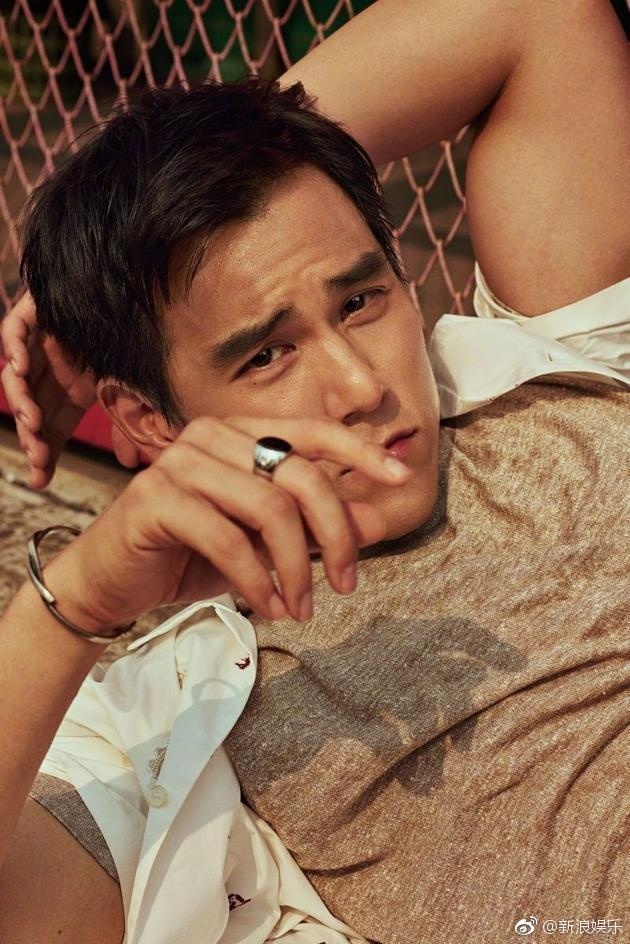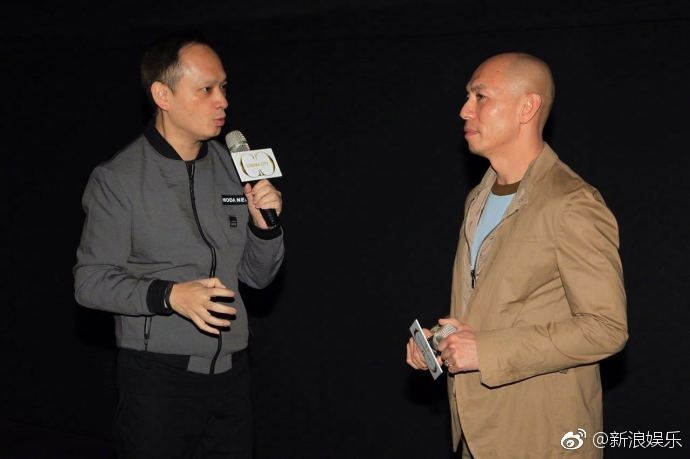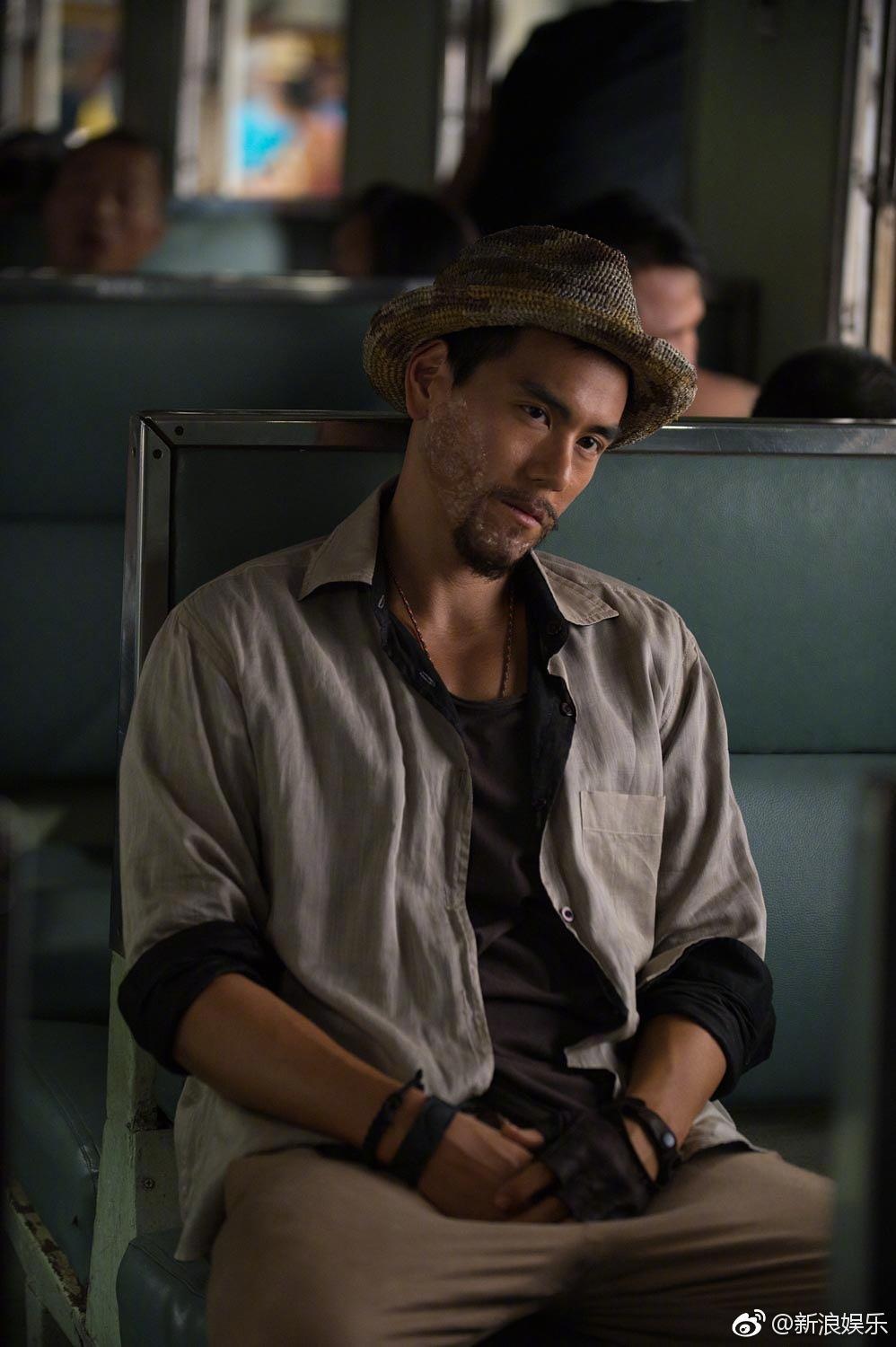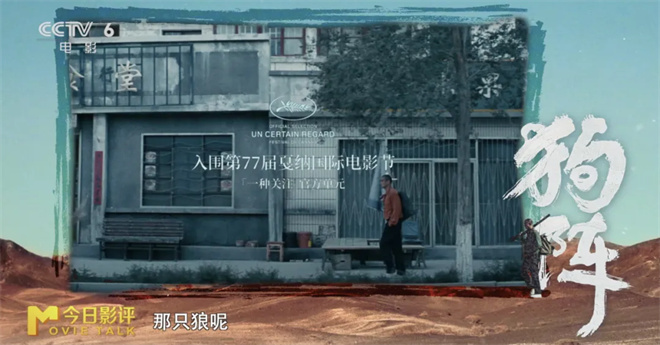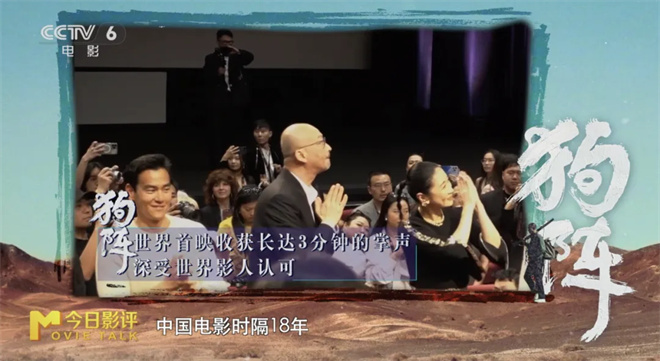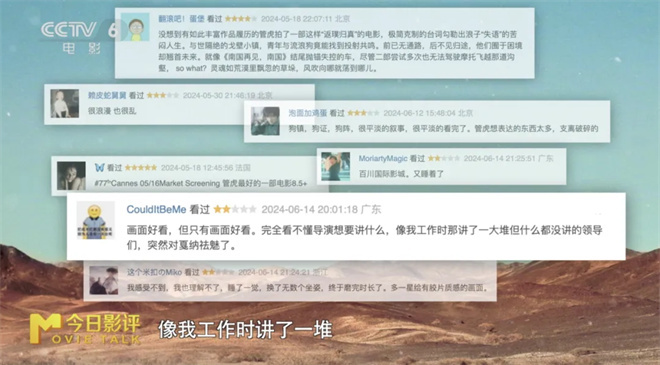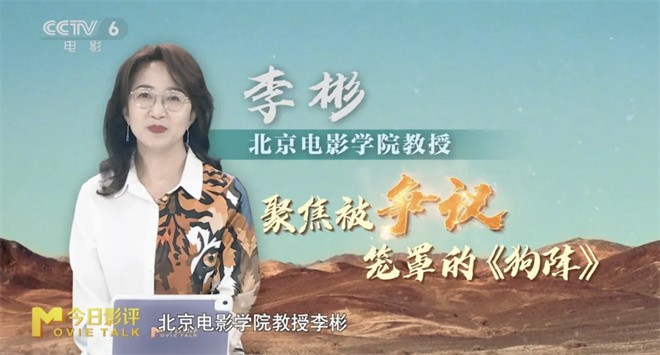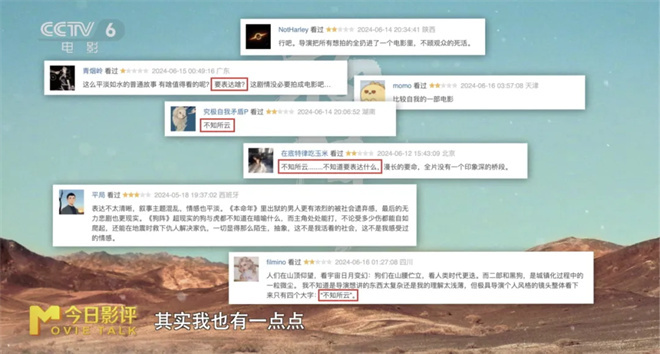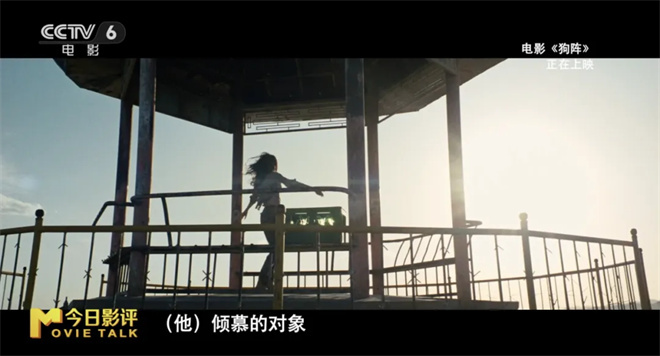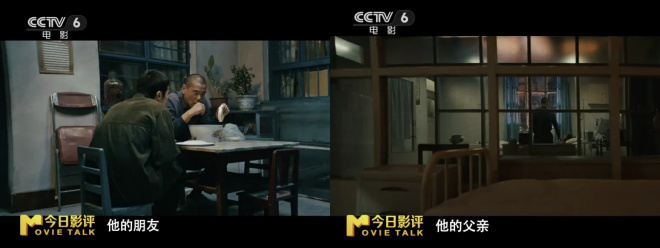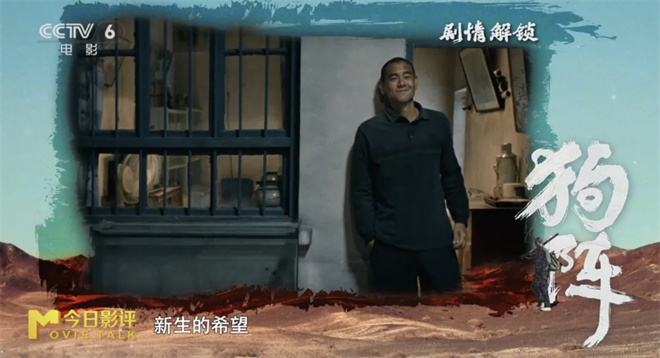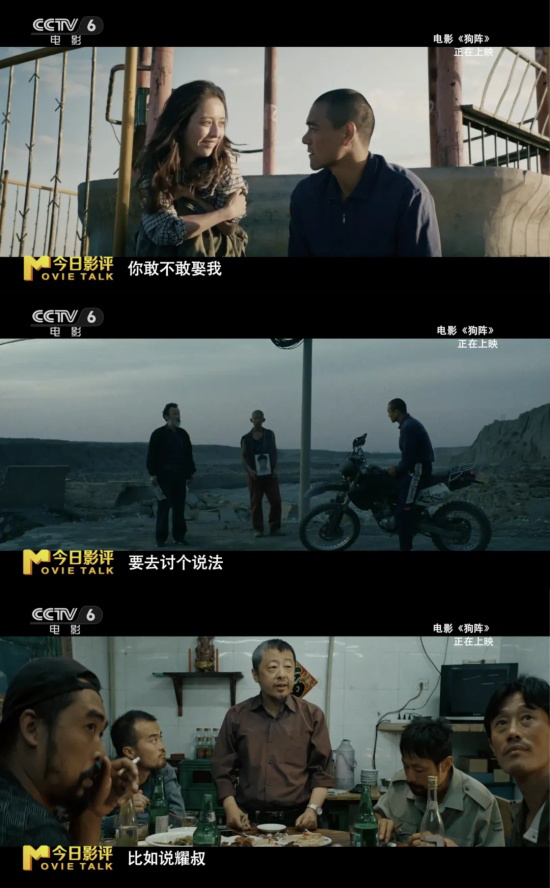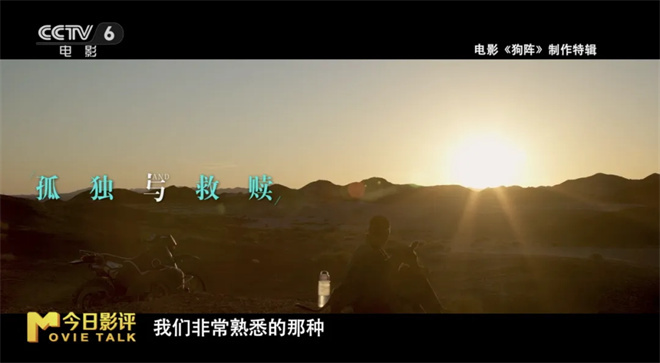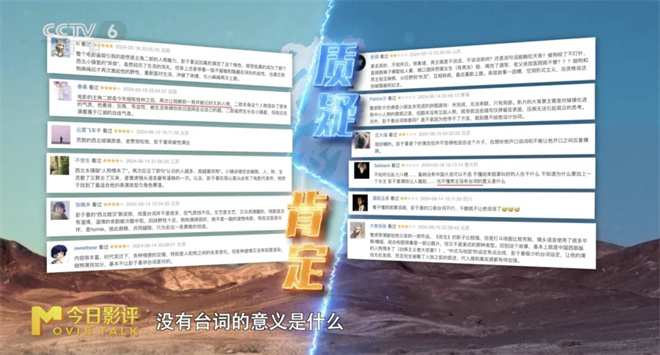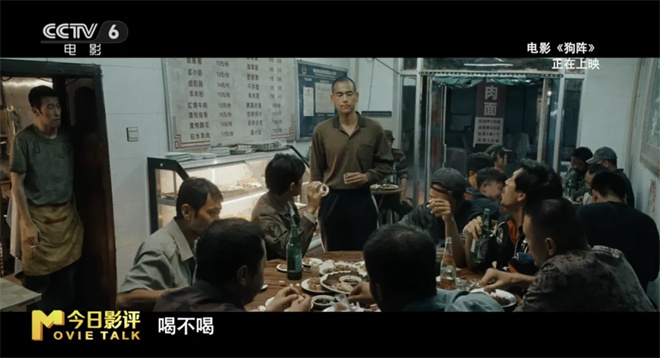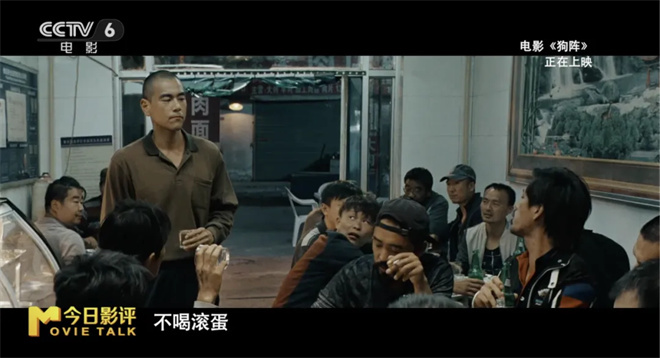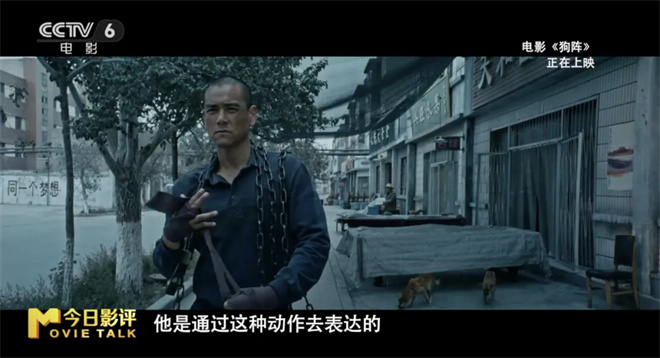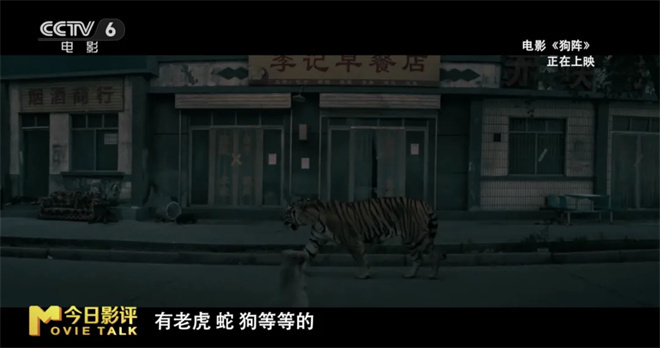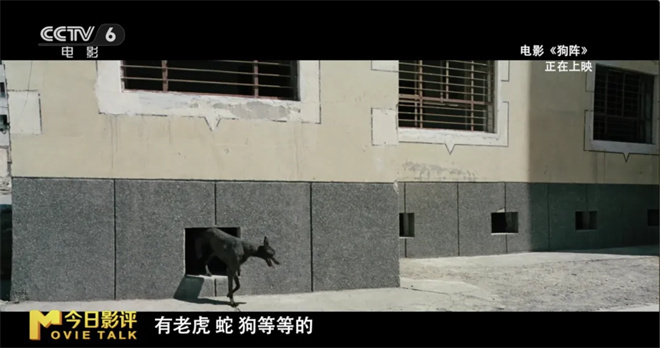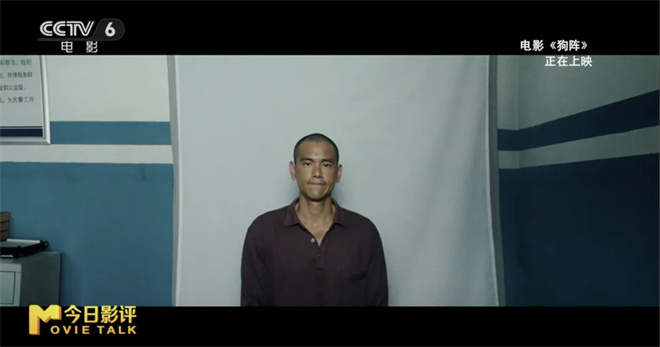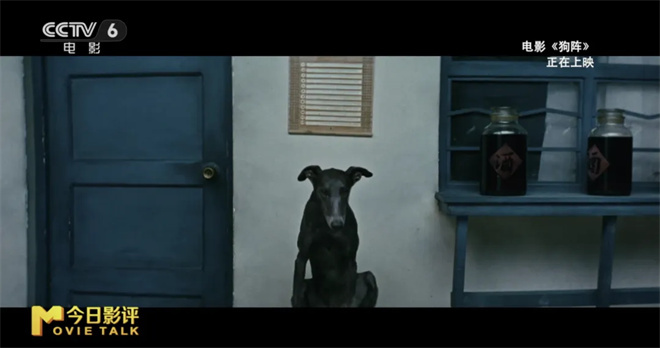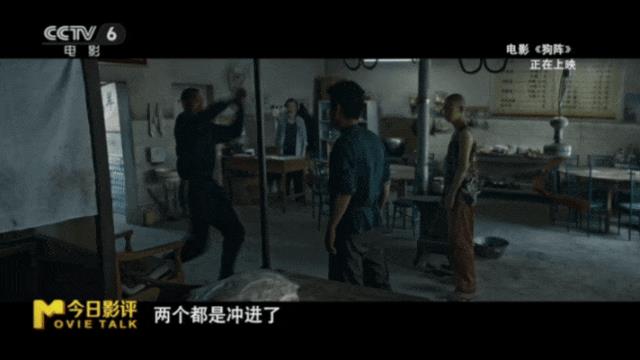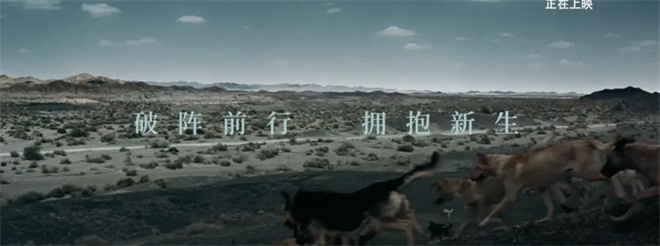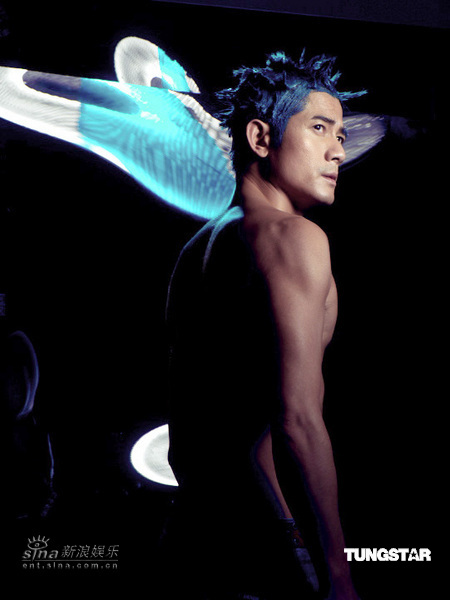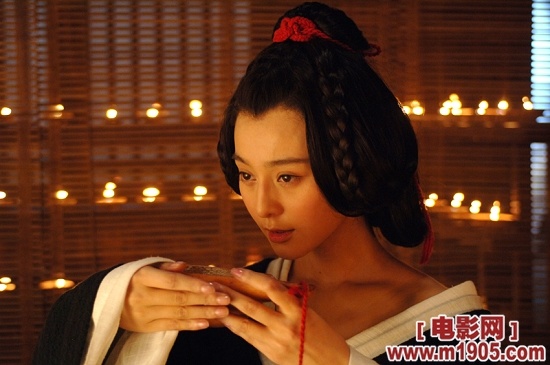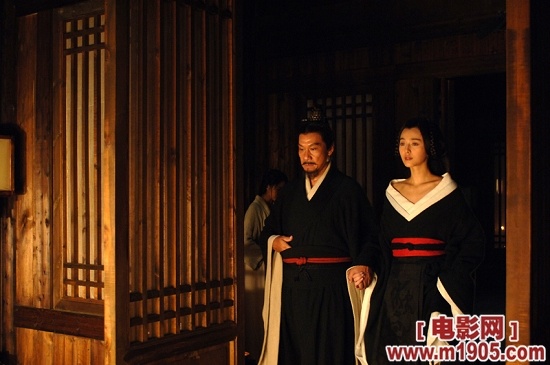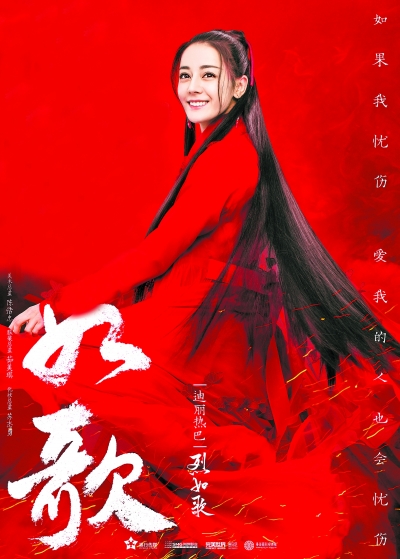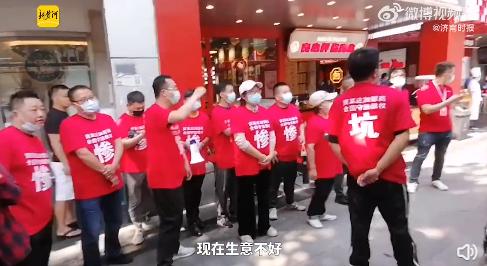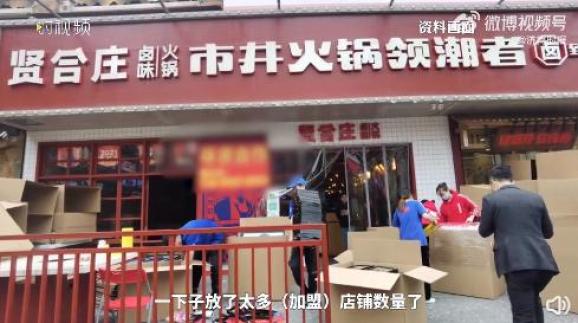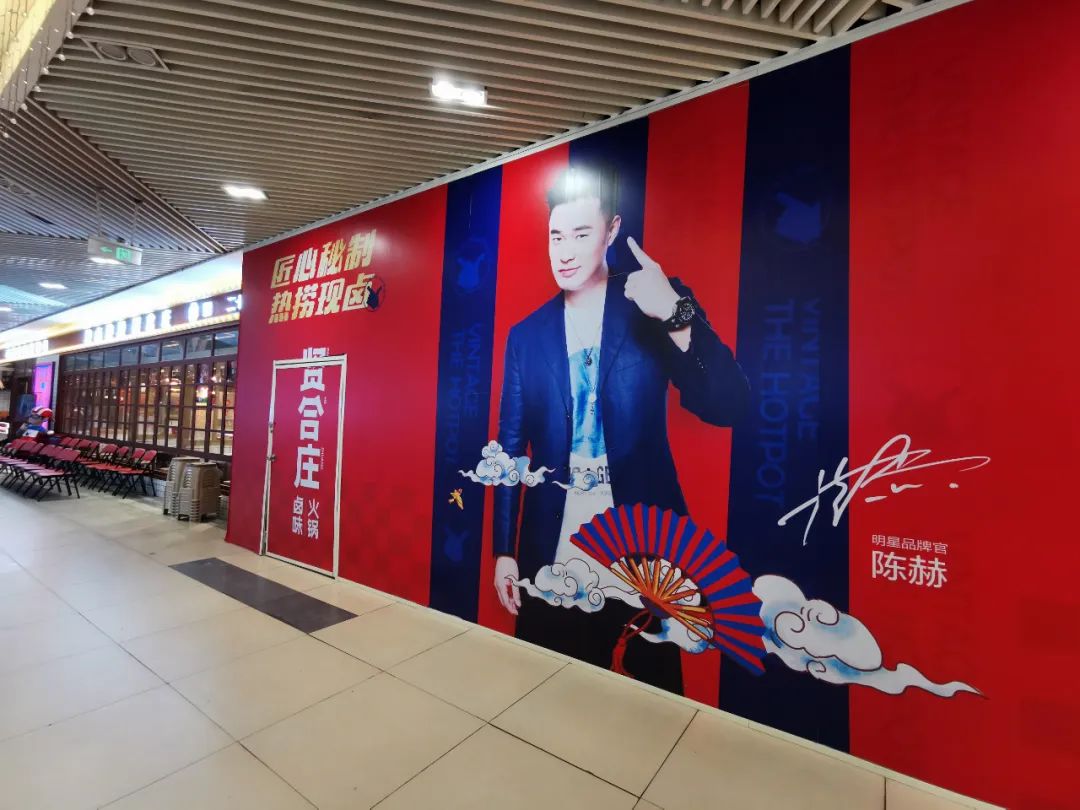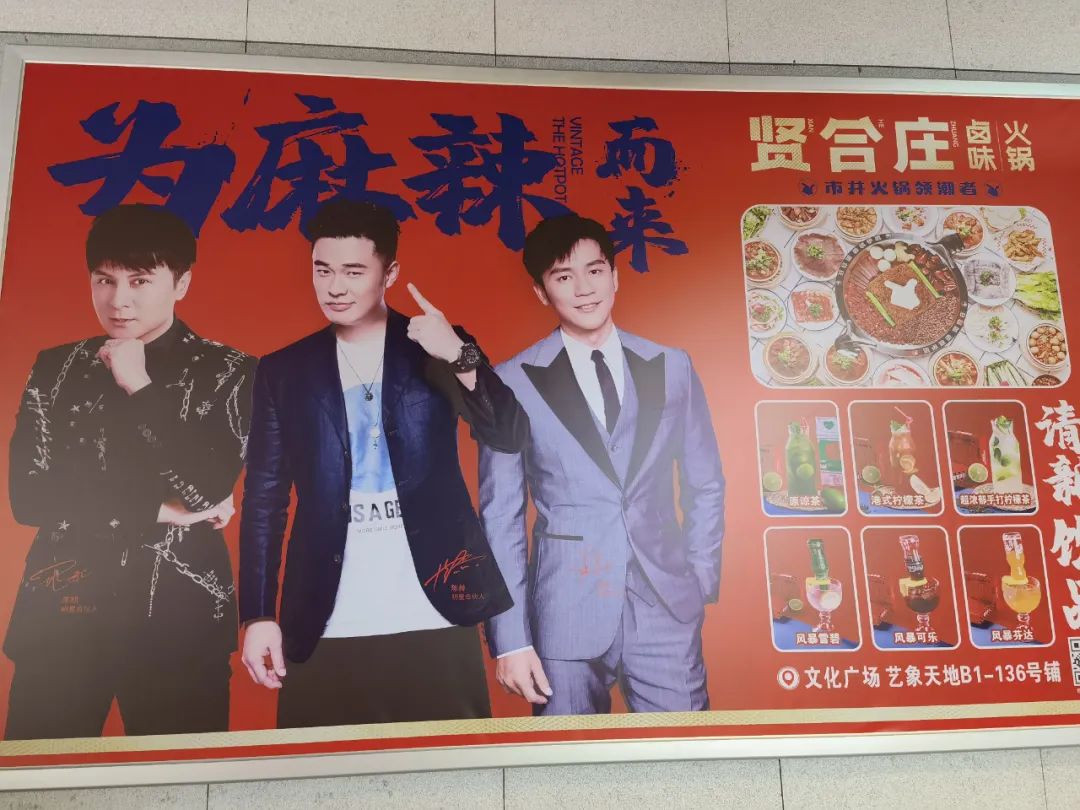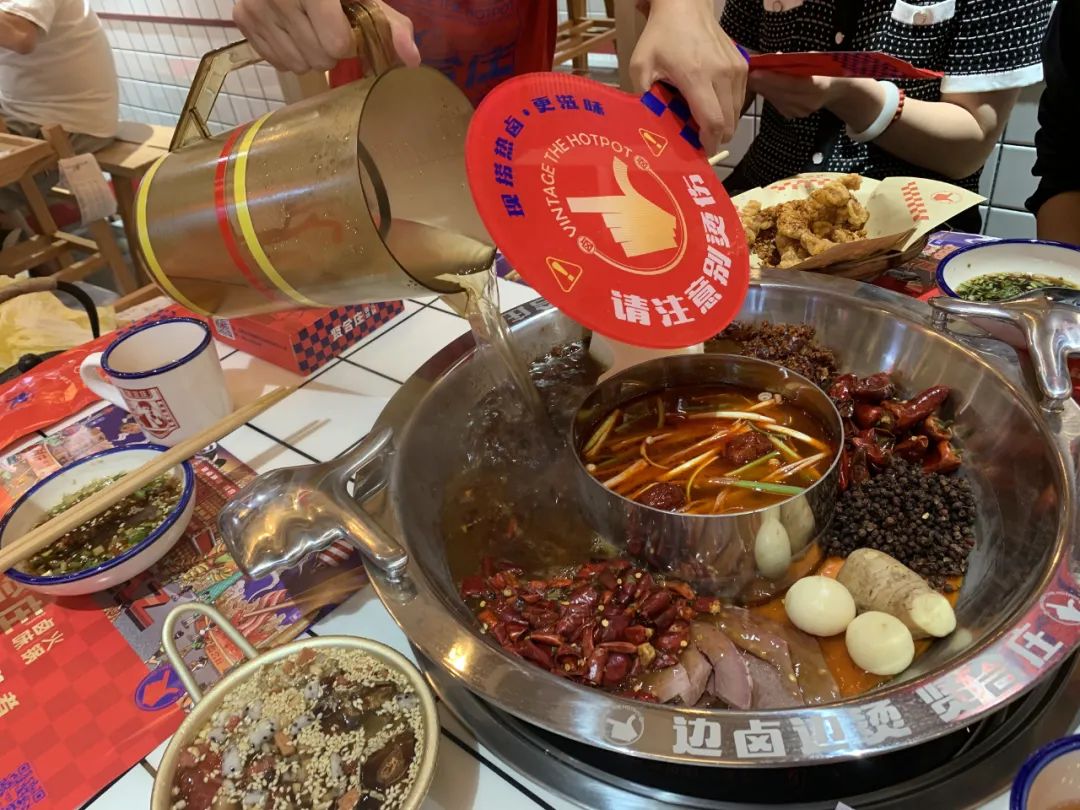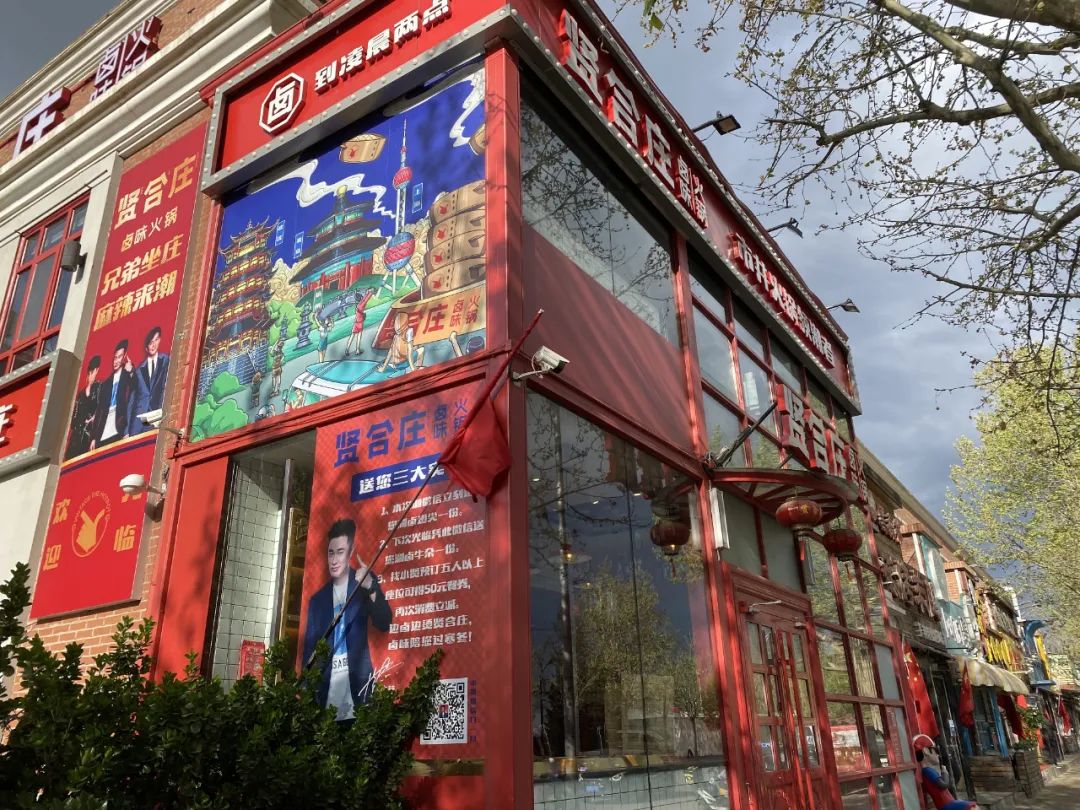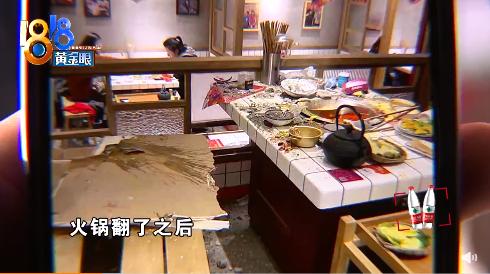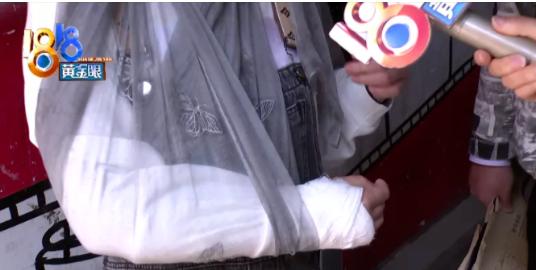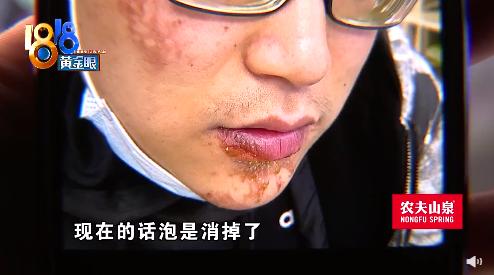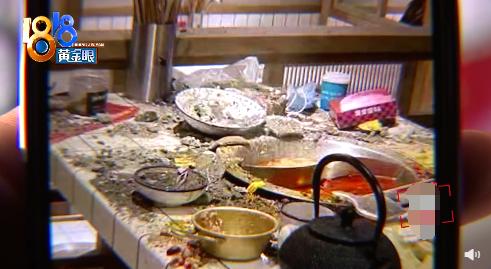Chinese path to modernization, people’s livelihood is great.
The Third Plenary Session of the 18th Central Committee of the Communist Party of China made it clear that it is necessary to deepen the reform of the social system by focusing on better ensuring and improving people’s livelihood, promoting social fairness and justice, and realizing more and fairer development benefits for all people.
In recent years, Yunnan Province has focused on the most immediate and realistic interests of the people, accelerated the reform of social undertakings, and focused on safeguarding the fundamental interests of the broadest masses of the people. It has innovated social governance. Reforms in the fields of "one old and one young", employment, social security, and grass-roots governance have yielded fruitful results, calling "there is a life called Yunnan".
Focusing on the needs of the people
The achievements of reform and development are palpable
In Chuxiong City Liziyuan Community Home Elderly Care Service Center and Happiness Canteen, the elderly take their blood pressure, press their shoulders and necks, and then eat a cheap and rich lunch, and their days are leisurely and comfortable. Zhenxiong County Longjing Village Children’s Home escorts the healthy growth of more than 1,400 children in the village, and organizes activities such as singing and dancing, painting, crafts, reading, and games to enter the village groups from time to time, so that children’s childhood is full of joy and laughter.
"One old and one young" has affected millions of families. In recent years, Yunnan Province has continued to promote elderly care services and child welfare through reform and achieved new results.
Adhere to the cause and industry, and improve the quality of elderly care services. The construction of elderly care institutions and senior-friendly transformation have been rapidly rolled out. The "Three Societies Linkage" provides home visits and assistance services for the elderly living alone, empty nests, left-behind and other special families. It has established a sojourn and elderly care alliance with 13 provinces, autonomous regions and cities to attract social capital to invest 4.368 billion yuan in elderly care services in Yunnan Province.
Adhere to the maximization of children’s interests and improve the level of care. The integrated development of "nursing, governance, teaching, health and social work" in child welfare institutions 334,000 more than left-behind children’s information entered into the information system, and implemented 5 special projects such as "guardianship and quality improvement", "precision assistance" and "safety protection". Children’s directors and children’s supervisors achieved full coverage.
With the achievements of reform and development, the bottom line of people’s livelihood is firmly established, regardless of region, gender, age, or occupation. The people have truly felt the new changes brought about by the reform.
Social assistance has created a new model of "material plus service". On the basis of material assistance such as money and goods, through the introduction of social participation, services are provided in the fields of care and nursing, rehabilitation training, medical care, social integration, and psychological counseling to meet the personalized and diverse needs of the disadvantaged.
The medical insurance and assistance system for major diseases has been continuously improved, and the participation rate of basic medical insurance has continued to stabilize at more than 95%; create a "medical insurance service circle at the door", so that 45.62 million insured people in the province can enjoy standard, convenient and fast medical insurance services at the door; explore outpatient "one-stop" services to improve medical experience and enhance patient experience.
The "three visits, four inspections and five deliveries" activities for women groups will timely grasp and address the urgent needs and expectations of women, children and families, and promote the embedding of women and children’s rights protection services, the inclusion of work, and the integration of strength into grassroots social governance.
"System integration, personnel sinking" has opened up a new model of assisting difficult employees, 71,000 difficult employees have achieved relief from difficulties, and the assistance work of difficult employees has been ranked among the top in the country for many times.
The construction of affordable rental housing has been vigorously promoted, effectively solving the housing difficulties of more than 58,000 new citizens and young people.
Respond to the expectations of the people
Meet the needs of the masses for a better life
In June this year, it was the graduation season of another year. Thanks to the innovative "enterprise visit" action implemented by the human resources and social security department, 90 college graduates came to the joint stock company of Yunnan Baiyao Group, and job seekers and enterprises were efficiently and accurately connected. In May this year, the "Yunling Entrepreneurship Loan" pilot was launched. Through measures such as expanding support objects, increasing loan quotas, striving for optimal interest rates, and optimizing service processes, efforts were made to solve the problems of difficult and expensive financing, and vigorously promote entrepreneurship and employment.
In 2022, Yongren County’s migrant worker Yin Bo and his wife came to the county’s "Xingfuli" community to work and achieve employment at their doorstep. Today, Yongren Xingfuli’s new model of "employment enterprises + employment platforms + migrant workers" has been replicated and promoted across the province, becoming an effective way to solve the "three dilemmas" of difficulty in hiring enterprises, difficulty in attracting people to retain people, and difficulty in increasing income from local employment. Effectively promote the effective connection between consolidating and expanding poverty reduction achievements and rural revitalization.
Employment is the most basic livelihood. The increasingly perfect employment public service system and the employment security system driven by entrepreneurship give everyone the opportunity to achieve their own development through hard work, and also reflect the increasingly diverse needs of the people for a better life. The diverse needs urge new steps in reform.
The new model of "leading + cultivation + incubation + service" has injected new impetus into young people’s return to their hometowns to start businesses and prosper in their hometowns. The "Youth Hundred Groups Help Hundred Villages" service group has been established to carry out "returning to their hometowns" social practice activities, and the Youth Innovation Association (Alliance) covering 129 counties (cities and districts) has been established to cultivate and contact more than 15,000 young high-quality farmers.
Deepen the reform of the household registration system to serve the new type of urbanization. Fully liberalize the province’s household registration migration policy in urban areas, smooth the four channels for settling down in housing, renting, employment, and talent policies, and basically achieve "zero threshold" for urban settlement. Promote the integration of the household registration system and the residence permit system, and ensure the basic public services and civic treatment of people who do not want to move their household registration. Since this year, the province has issued more than 320,000 residence permits.
Improve the long-term mechanism of linking farmers with farmers, and promote the transformation and application of "10 models of interest connection"; promote the reform of water rights, build a water rights trading platform, and land the first water rights transaction; strengthen the standardization of the rural property rights circulation and trading market, and the first market-oriented and standardized digital rural property rights trading center in Southwest China was listed in Asan; comprehensively implement the "1 + 3 + N + 1" comprehensive supervision model of the tourism market, so that "there is a life called Yunnan" is better and more specific; Kunming Panlong District Pilot trust system property management model, explore the solution to the management problems of old residential areas… Reform is not limited, and the development results are constantly transformed into quality of life.
Embrace the concerns of the people
Harmony and stability in frontier ethnic areas
One day during the flood season, from 21:00 to 23:00, the Lushui Meteorological Department issued a series of orange lightning warnings, and the office of the Municipal Flood Control and Drought Relief Headquarters "called" to "wake up" key prevention areas. At 2:35 the next day, inspections and investigations in key areas found that there were rivers overflowing. After 10 minutes, 245 people from 77 households threatened along and downstream of the river were successively transferred to the disaster shelter.
This typical case of risk avoidance is a concrete demonstration of Yunnan Province’s continuous improvement of the flood control "1262" early warning and response mechanism in recent years. The smooth mechanism ensures that the flash flood disaster forecast and early warning information "can be sent, received, and called in response", and ensures that the threatened people should turn around as soon as possible and turn around early, so as to effectively protect the safety of people’s lives and property.
The most solid strength of the party’s work is supported at the grass-roots level, and the most prominent contradictions and problems in economic and social development and people’s livelihood are also at the grass-roots level. In the process of improving the grass-roots governance system in urban and rural areas, the 2023 "Party and State Institutions Reform Plan" clearly establishes the social work departments of party committees at all levels. At present, the social work departments of party committees in 16 prefectures (cities) and 129 counties (cities, districts) in Yunnan Province have all completed the hanging deck construction. With the logic of grass-roots governance, social work is effectively coordinated and linked, and the social governance system of co-construction, co-governance and sharing is improved.
Establish and improve the working mechanism of the party, government, military, police and people to work together to strengthen border defense, Yunnan Province took the lead in improving the organizational structure of the five-level border defense committee and its office; solidly carry out the special project of popularizing the law and strengthening the foundation to make up for shortcomings, and strive to create a new era "Fengqiao Experience" Yunnan practice model, a large number of contradictions have been resolved at the grassroots level; take the lead in implementing the reform of the "three-in-one" trial mechanism of intellectual property across administrative divisions in the country, and solidly promote the pilot work of compliance reform of the enterprises involved in the case; comprehensively carry out the comprehensive establishment of ethnic unity and progress, innovatively implement projects such as "branches and branches", "happiness blossoms" and "pomegranate red", and complete the construction of 374 modern border happy villages… The reform of the system and mechanism promotes the continuous improvement of the governance capacity of border ethnic Reporter, Yue Xiaoqiong)
short review
People-centered comprehensive reform
"Only by developing for the people can development be meaningful; only by relying on the people can development be motivated." The reform of the social system directly affects thousands of households, and the people-centered value orientation should be more distinct.
The purpose of reform is, in the final analysis, to enable the people to live a better life. A prominent feature of Yunnan Province’s reform is to promote "big reform" with "small incisions". Flood control "1262" early warning and response mechanism, three-year action for high-quality development of education and health, and prevention of student drowning are all based on solving the distress and hope of enterprises, grassroots and the masses, and have promoted the innovation and improvement of a series of mechanisms.
Reform is for the masses, and reform relies on the masses. Yunnan Province summarized and promoted the Yongren "Xingfuli" employment model, and established the "Five Three" pollution control mechanism to promote relevant work to achieve practical results. The investigation and mediation of hidden contradictions, the construction of the "one old and one small" service system, the establishment of national unity and progress demonstration, and emergency early warning response. The implementation of these mechanism innovations cannot be separated from the people.
Whether the reform is good or not, the people have the final say. The reform has entered the deep water area, and the situation is complicated. The people must support or not, approve or disapprove, be happy or not, and agree or not as the fundamental standard for measuring the gains and losses of the reform. (Yue Xiaoqiong)
|
